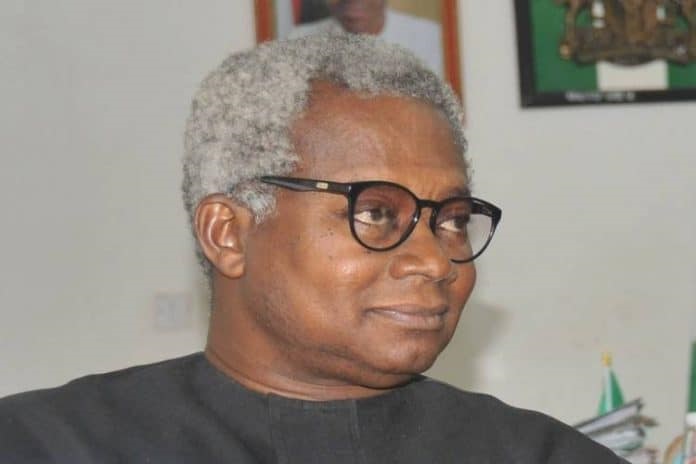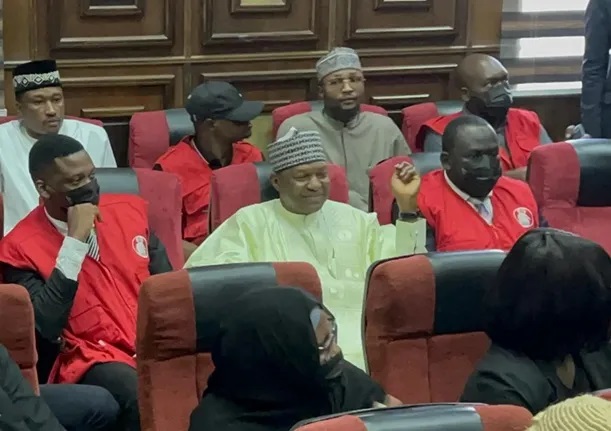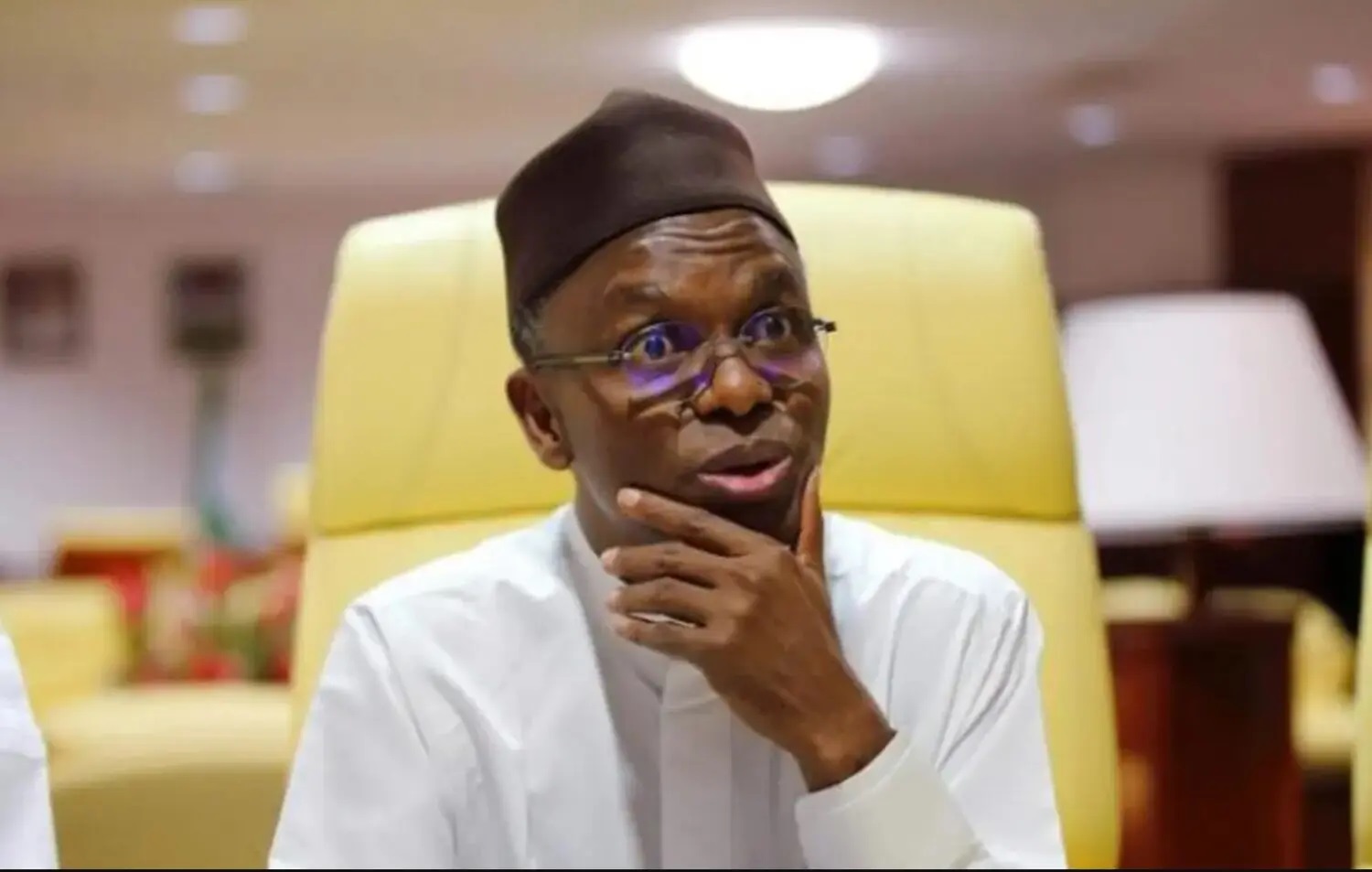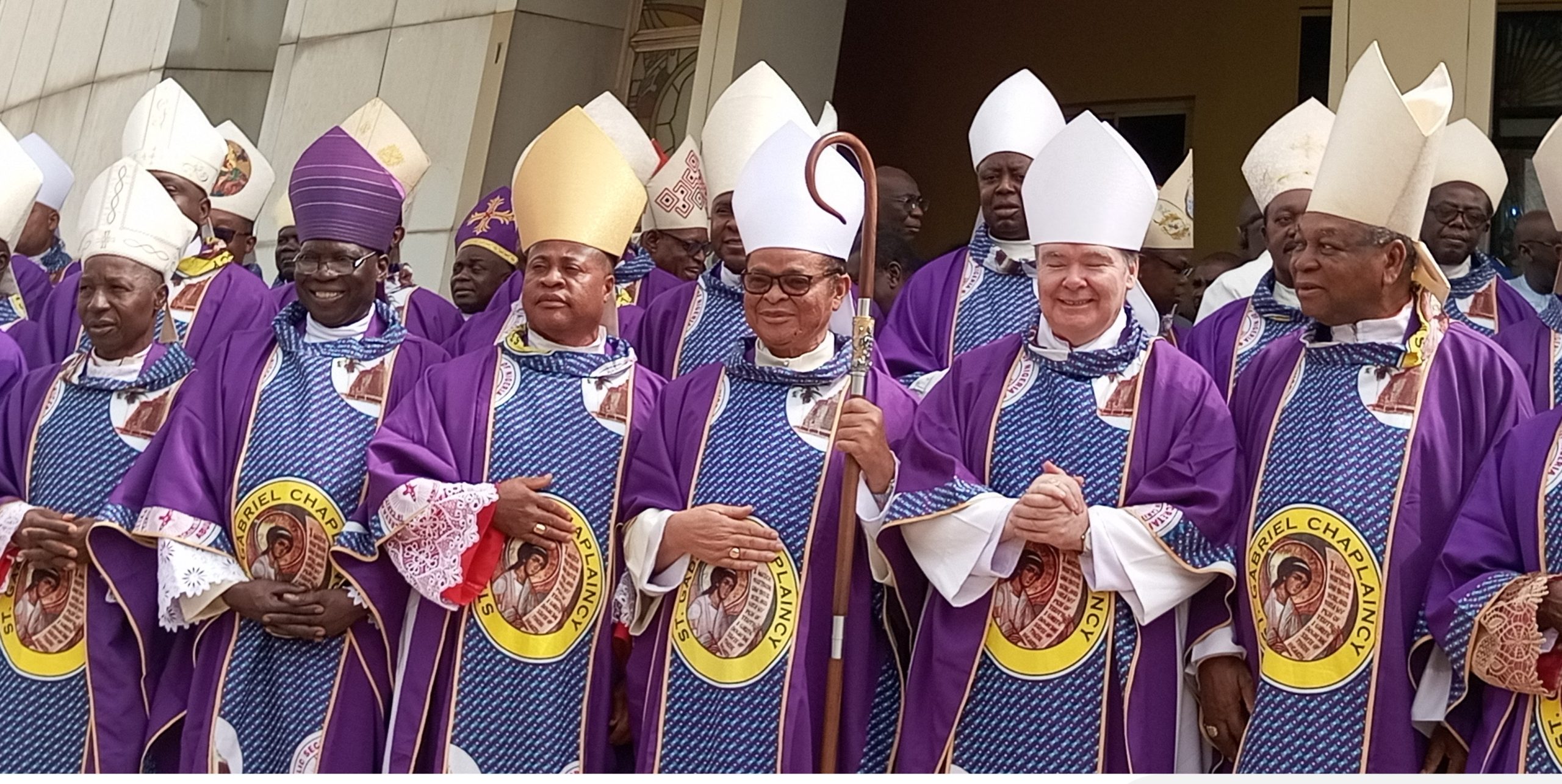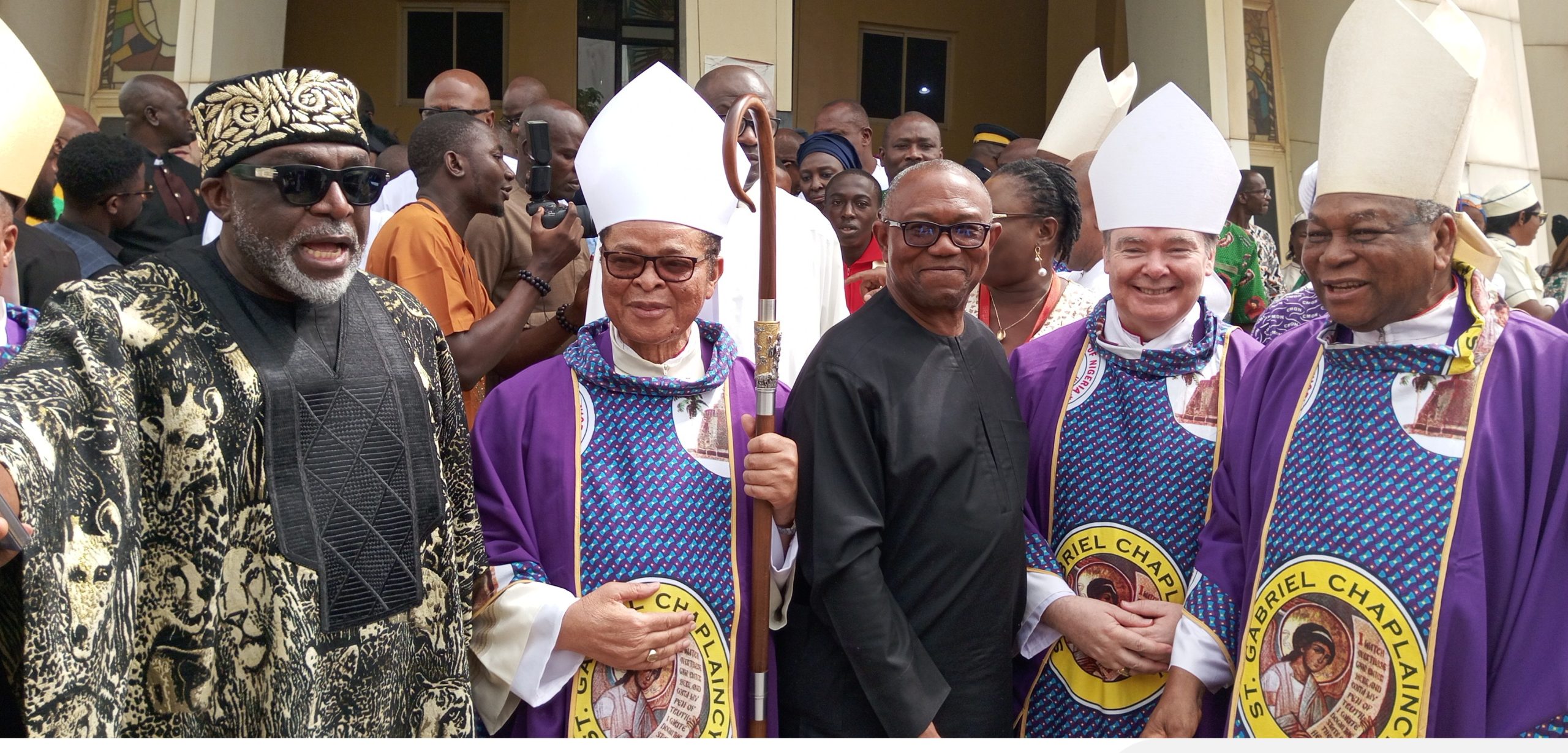Osita Okechukwu, a senior figure in Nigeria’s All Progressives Congress (APC) and former head of the state-owned Voice of Nigeria, has accused most state governors of failing to meet the expectations of democracy over the past two decades.
Reflecting on 26 years of civilian rule, Okechukwu said Tuesday that the performance of many governors had been disappointing, despite the increased flow of federal funds and improvements in internally generated revenue.
“Only a handful have truly justified their mandates,” he told reporters in Enugu. “The rest have treated their offices like private kingdoms, disregarding accountability and the constitution.”
He condemned what he called a growing “emperor-like” attitude among governors, which he said had undermined democratic institutions and stifled progress at the state level.
“The constitutional separation of powers is not respected. The legislature and judiciary are often reduced to rubber stamps,” he said, accusing governors of breaching their social contract with the electorate.
Okechukwu also highlighted what he termed the misdirected public frustration toward the presidency. “Citizens frequently blame the president for issues such as poorly maintained village roads or lack of health services — responsibilities that clearly fall under state governments.”
However, he welcomed President Bola Tinubu’s effort to combat underdevelopment through newly created regional development commissions, saying they could help close infrastructure and service delivery gaps more efficiently.
“These commissions — whether in the North-West, South-East or elsewhere — are a potential game changer. Their regional focus makes them more responsive to local needs,” he said.
Using the South-East Development Commission as an example, Okechukwu noted its leadership was composed of highly capable individuals and that, if well-funded, it could serve as a model for development across Nigeria.
He concluded by acknowledging the Tinubu administration’s strides in curbing insecurity but called for broader attention to social issues, particularly education, public health, and food availability.

